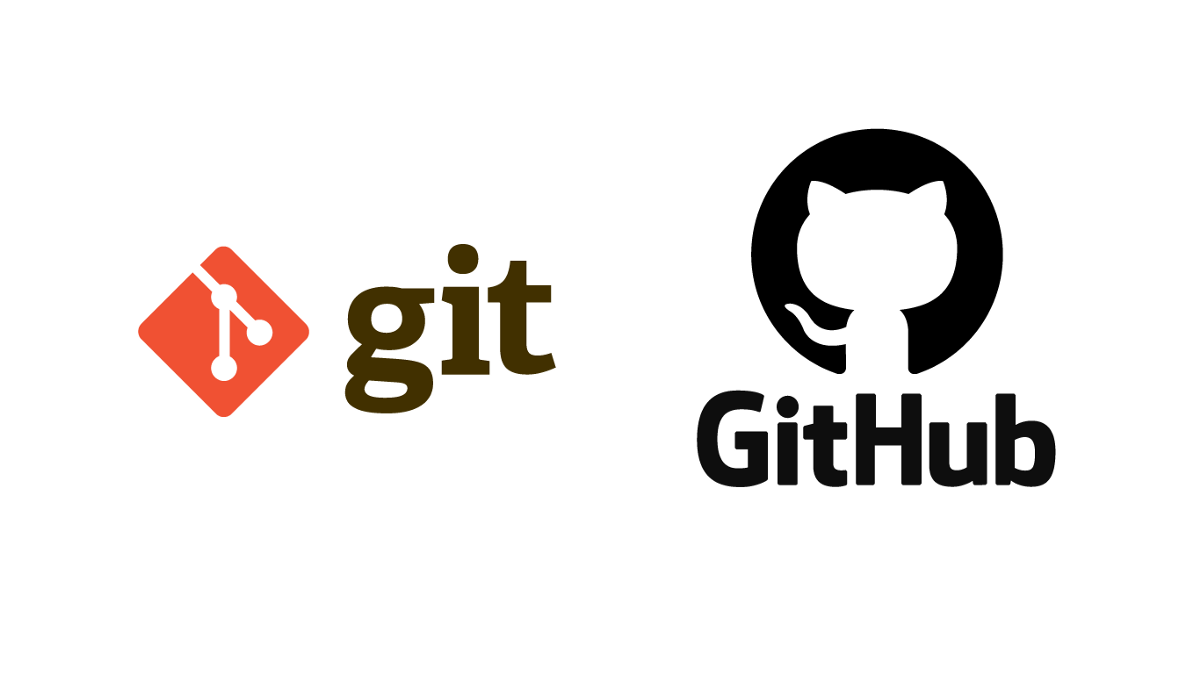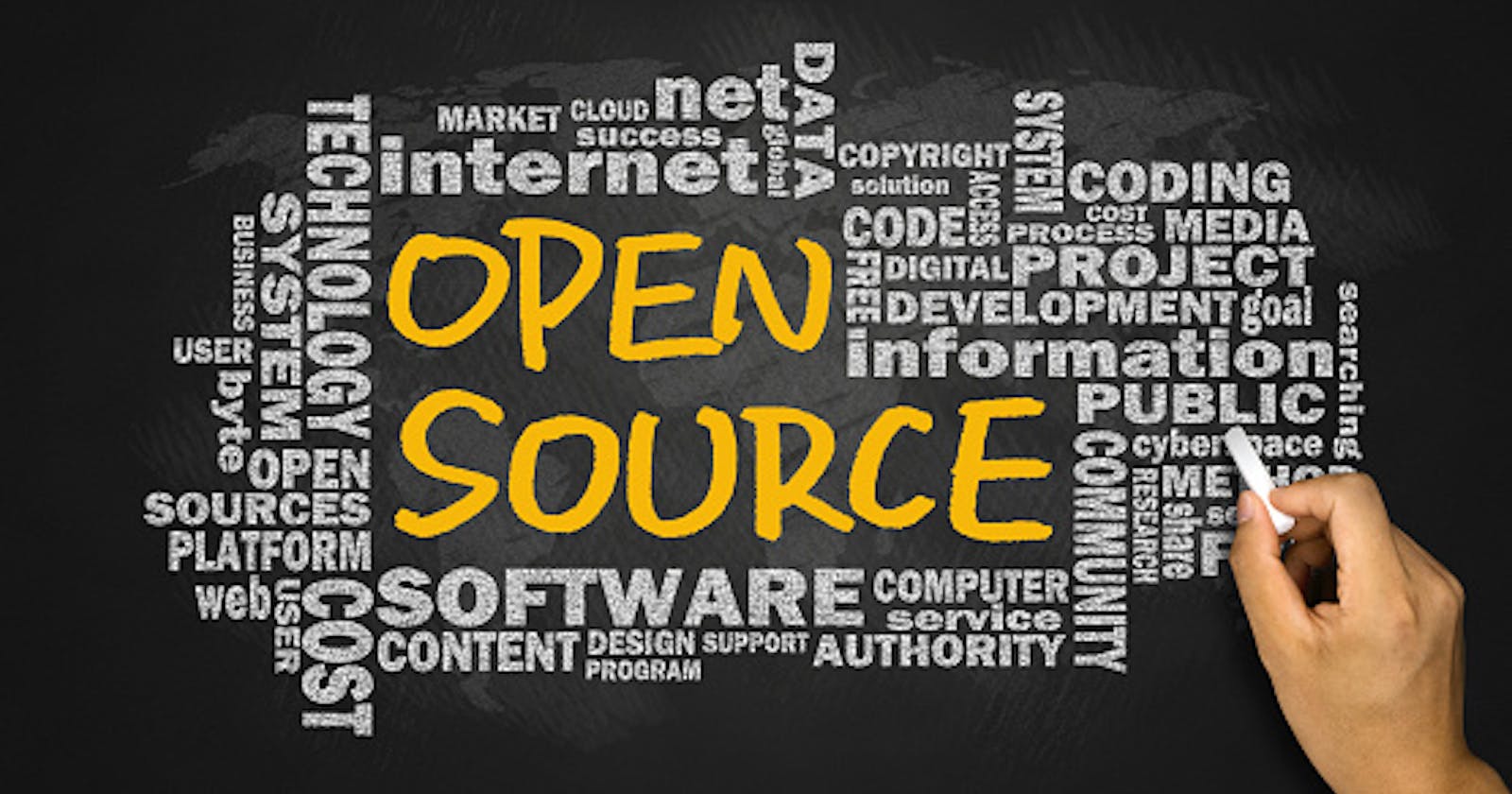Being a tech guy, contributing to opensource is one of the best thing you can do. It brings massive opportunities for you, and you also get to learn a lot.
What is Open-source?
The phrase "open source" was first used to describe free and open-source software (OSS). Code that is intended to be publicly accessible is known as "open-source software," which means anybody can view, alter, and distribute the code as they see fit.
Peer review and community production are used in the decentralized, collaborative development of open-source software. Because it is created by communities rather than a single author or business, open-source software is frequently less expensive, more adaptable, and more durable than its proprietary counterparts.

Open source has developed into a movement and a method of operation that goes beyond the development of software. The open source movement seeks for fresh approaches to address issues in its communities by utilising the principles and decentralised production model of open source software.
Many people who contribute to open source software first utilise the programmes they are creating. If an open source programme you use has a bug, you might want to look at the source code to see if you can fix it yourself. If so, the best way to ensure that your friends (and you when you update to the next release) will benefit from the patch is to contribute it back.
Why should you contribute to open-source?
Ever wonder if a single developer was responsible for all of these projects or pieces of software? What effect would it have had on them and essentially on us?
There wouldn't have been as many upgrades and features in the software. Here's where open-source involvement comes into play. The software is developed and improved by contributors from all over the world for all of us who use it. Your superpower to be a part of something that is changing so many lives will come from contributing.
In addition to the effect you get to make, it improves you as a developer and, over time, as a mentor, leader, and enthusiastic team member.

Ways of Contribute to Open-source
You can take part in open source in a variety of ways. You could find and solve flaws in a project even as a newbie. For instance, the JavaScript project welcomes pull requests that solve defects as well as issues that report them. You can suggest, assist in designing, and work on new features in these projects. For example, JavaScript frameworks allows proposals for substantial features and pull requests for more manageable features. Greater community involvement is necessary for larger projects, and some communities expect you to first build a solid reputation by addressing problems before going on to feature development.
You are not required to only contribute code. Writing project documentation and adding context to existing code and APIs are two ways you may assist a project.
What you need before contributing to open-source🚀
Be comfortable with a programming language (Any Programming Language)
Acquire some programming knowledge You must first learn a programming language in order to contribute to open-source projects, as doing so requires you to read and write code. Any language that you choose can be used to start. If a project necessitates it, learning a different language later on won't be difficult.
Many individuals contribute in other ways besides programming, such as documentation and translation. You can skip this step if you do not want to contribute as a developer.

Learn about version control systems
It is crucial to save every modification made while working on a large project so that we can recollect it in the future. It is assisted by software tools called version control systems. As versions, they record each change that is made to the source code over time. They also enable us to review earlier versions and roll back if necessary. Numerous version control programmes exist, including Git, Mercurial, CVS, and SVN. The most well-known and commonly used version control system in the market is called Git.
Learn Git and GitHub
Most commercial and nonprofit projects use Git, the most well-liked open-source distributed VCS. The Git Version Control System is used for collaboration on GitHub, a platform for hosting code. In simple terms, it's the location where you keep all of your projects so that other individuals can collaborate on them.

Once you're comfortable with your skills, then you're good to go!
You can filter issues on GitHub as "good-first-issues" and other basic issues that would not be much complex to solve.
Try to contribute to open-source frequently, Look for initiatives or groups that you would like to support. Visit their GitHub source, peruse the documentation, and use the aforementioned search method to look for beginner issues. Try to work on as many problems as you can, either for various projects or just one. Join their IRC channel. Make an introduction and request assistance as needed. The channels' GitHub pages have links to them. Even after executing the program locally, problems can still arise. Start taking part in open-source initiatives after you feel confident contributing to open-source projects.
If you like the blog, drop a like ♥ and check my profile here- https://linktr.ee/kartikeyverma
